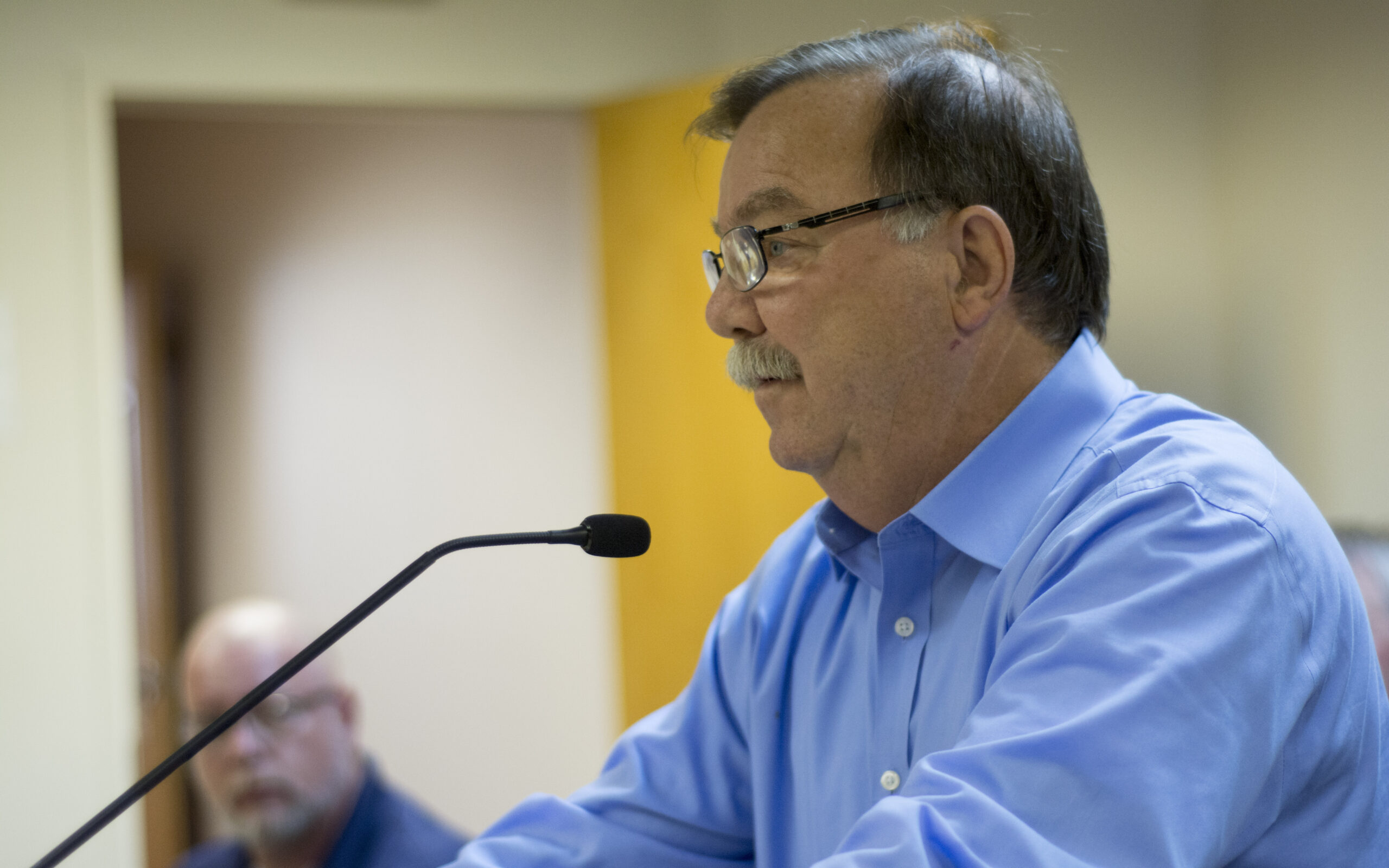
CARIBOU, Maine — Recovery Aroostook, a local grassroots organization formed in 2017, now has plans to open a recovery house in Caribou according to group representative and Cary Medical Center Communications Director Bill Flagg.
Flagg spoke about these plans during a July 22 Caribou City Council meeting and distributed documents to councilors outlining their plans to move into a building on Hammond Street where the Hope and Justice Project was formerly located.
“They vacated that property a couple years ago and made it clear to us that we could purchase the property to use as a recovery house,” Flagg said, clarifying that sober houses primarily deal with alcohol addiction whereas recovery houses will deal with all forms of substance addiction.
At this point, he said the organization is “very close to being able to get financing to open that property,” which is their next step.
Flagg clarified that anyone admitted to the house will need to be drug and alcohol free, and that nobody in the house will be using any substances.
“We will be working with medication assisted therapy for opiate addiction,” said Flagg, “and there is a lot of evidence to suggest that people who use this form of therapy do much better than those who don’t.”
The group itself meets every Wednesday night at 6:30 p.m. and currently has a Community Recovery Center on 1 Water St. in Caribou.
The recovery house concept has also received praise from Aroostook County Sheriff Shawn Gillen.
“I’ve met with [the sheriff] on two different occasions,” Flagg said. “He is very supportive of this concept as well as our own Chief of Police Mike Gahagan.”
Flagg said he hopes council will support the effort, and that this particular recovery house will be for men only.
“We also hope to open one for women,” he said, “and we’re looking at a different property for that,” adding that he is very impressed with the group’s work. With him were group members Mark Shea and Erik Lamoreau, who opened the County’s first sober living home in Caribou two years ago.
Flagg said that he would need council’s approval in order to get the recovery house project financed, and asked if they had any questions for him or other members of the group present.
Councilor David Martin asked if this would require any zoning changes. Flagg said that it would not since it would be in a residential zone and deemed a residential property. According to Flagg, no business or services will be conducted at the home. However, those moving into the home will need to agree to certain conditions.
Councilor Thomas Ayer asked if anyone will be handing out medications to those in recovery. Flagg explained that this house will have its own manager who will be a person in long-term recovery that is offered a subsidy to live at the home and a small stipend to manage the property.
Lamoreau added that each person staying at the home would take their own medication themselves while under the manager’s supervision.
Ayer clarified that he asked this question because the house’s function could be deemed as a service if the manager administered the medication himself.
“The only thing the manager would do is keep the medication locked for them,” Lamoreau said, because it could be stolen or lost, and it could also be triggering for someone in that house who is not on a certain medication to watch another resident take that medication.”
Mayor Mark Goughan asked if Flagg had a timeline for the project, and he said he hopes to close on the loan by Oct. 1 and to have the house open for residents by Nov. 1.
Goughan said he would put this issue on the agenda for the next city council meeting, scheduled for Monday, Aug. 12, at 6 p.m., after he and city officials have read over the details more thoroughly.







